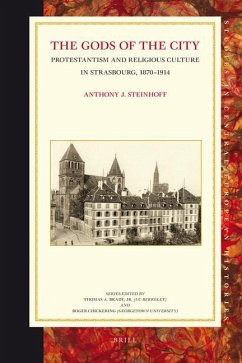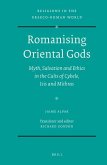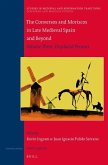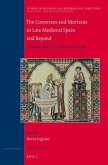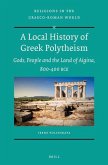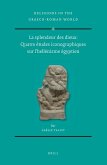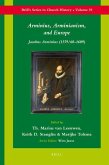Recent scholarship has criticized the assumption that European modernity was inherently secular. Yet, we remain poorly informed about religion's fate in the nineteenth-century big city, the very crucible of the modern condition. Drawing on extensive archival research and investigations into Protestant ecclesiastical organization, church-state relations, liturgy, pastoral care, associational life, and interconfessional relations, this study of Strasbourg following Germany's annexation of Alsace-Lorraine in 1871 shows how urbanization not only challenged the churches, but spurred them to develop new, forward-looking, indeed, urban understandings of religious community and piety. The work provides new insights into what it meant for Imperial Germany to identify itself as "Protestant" and it provocatively identifies the European big city as an agent for sacralization, and not just secularization.
Hinweis: Dieser Artikel kann nur an eine deutsche Lieferadresse ausgeliefert werden.
Hinweis: Dieser Artikel kann nur an eine deutsche Lieferadresse ausgeliefert werden.

